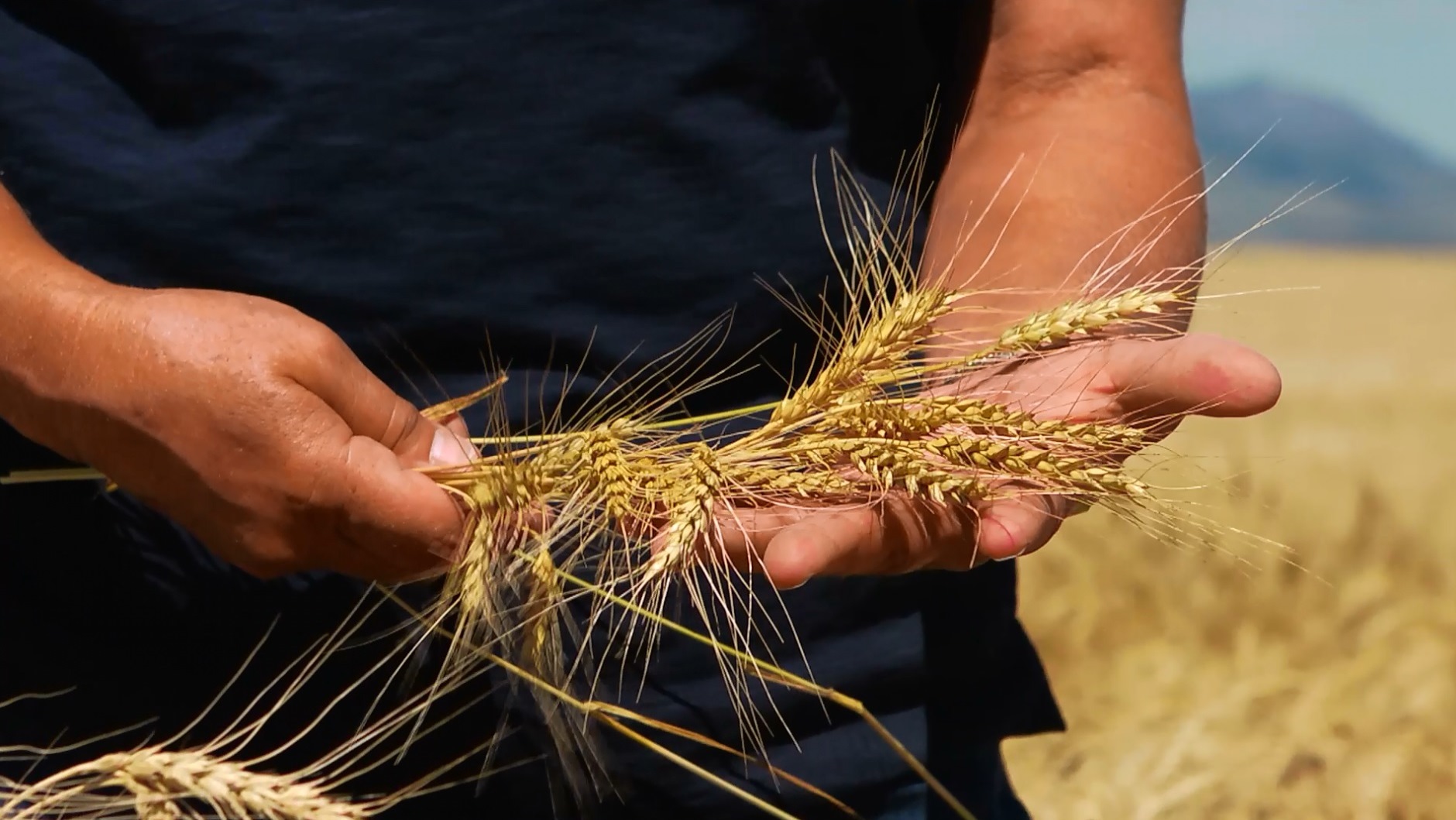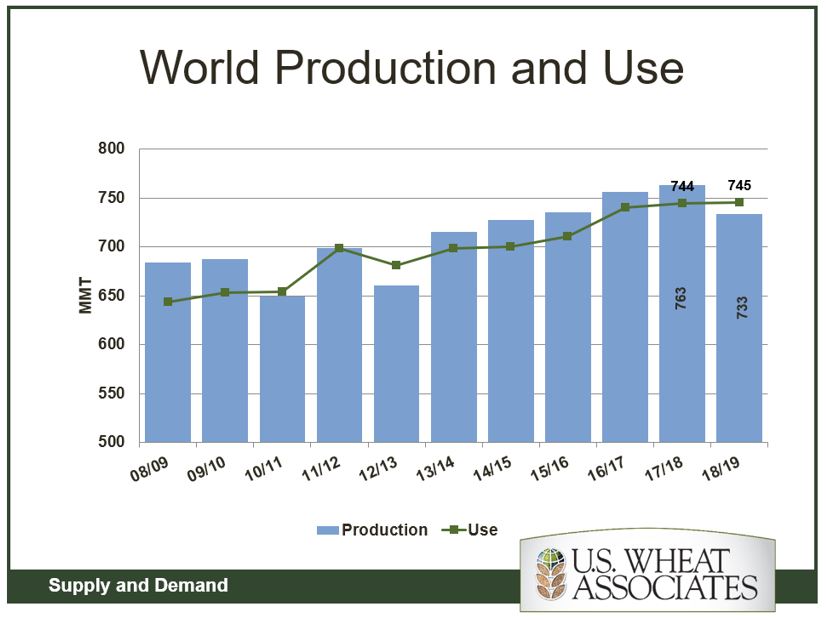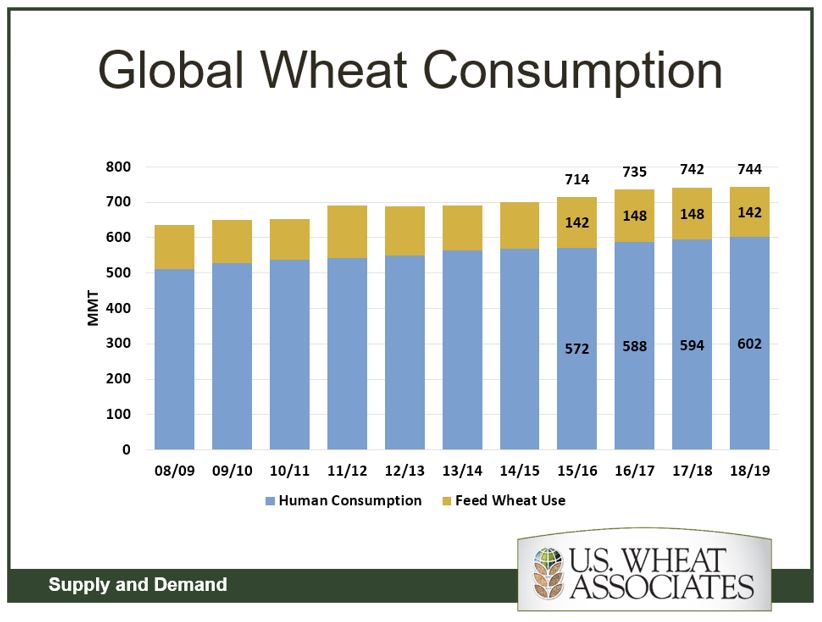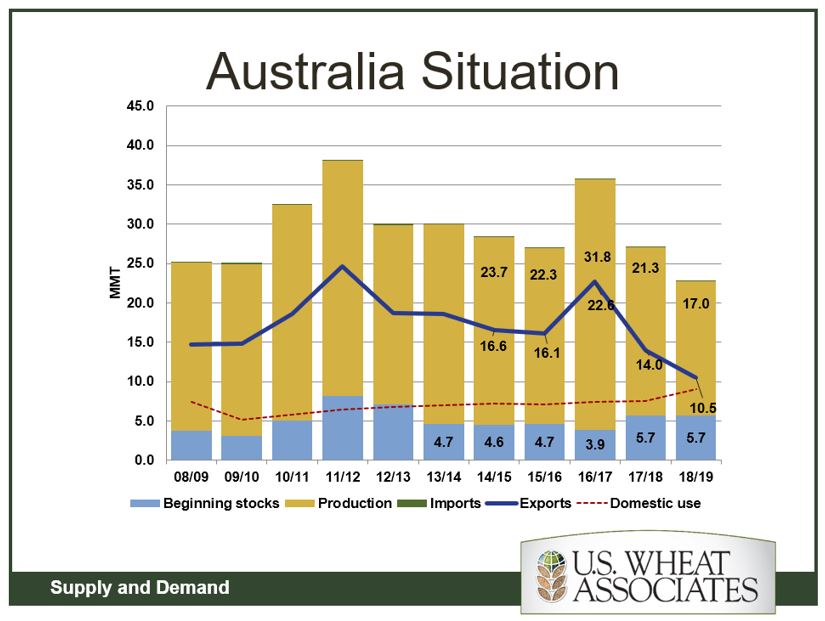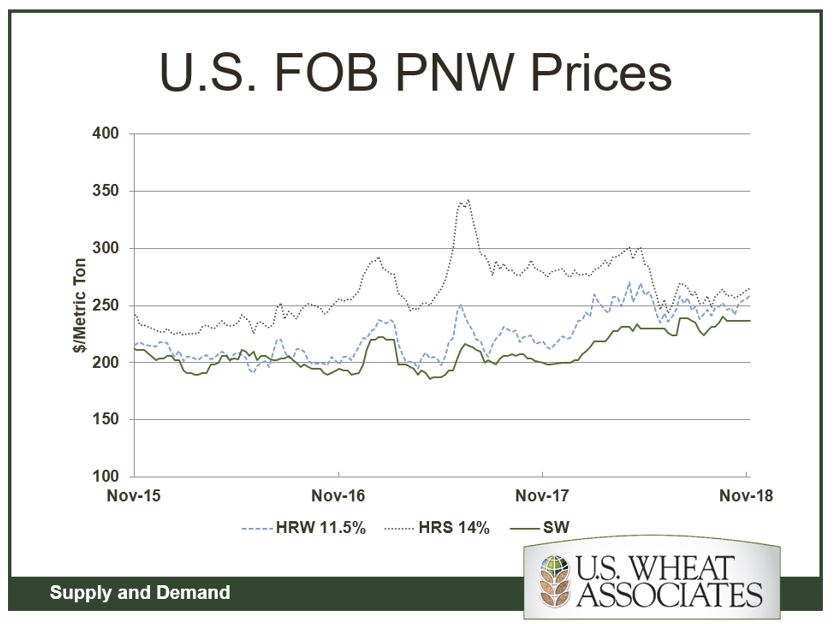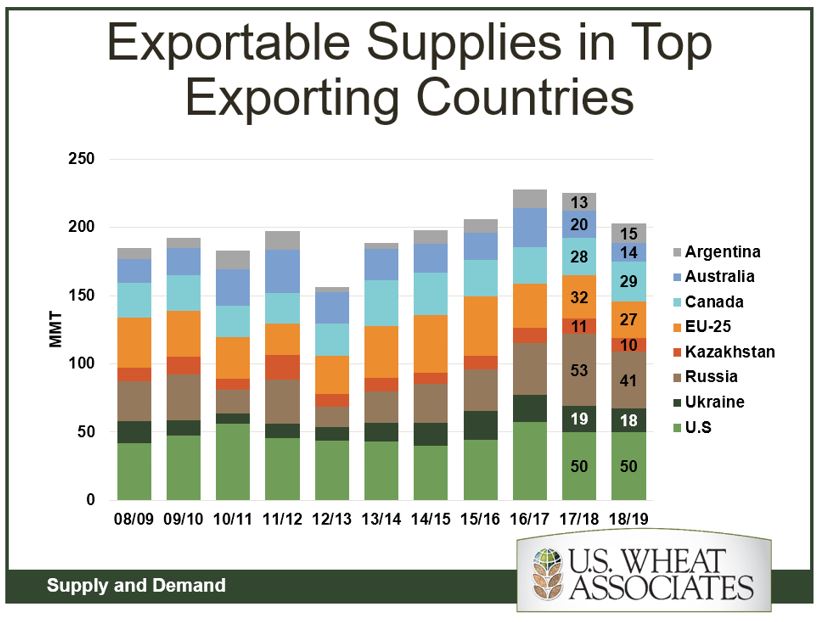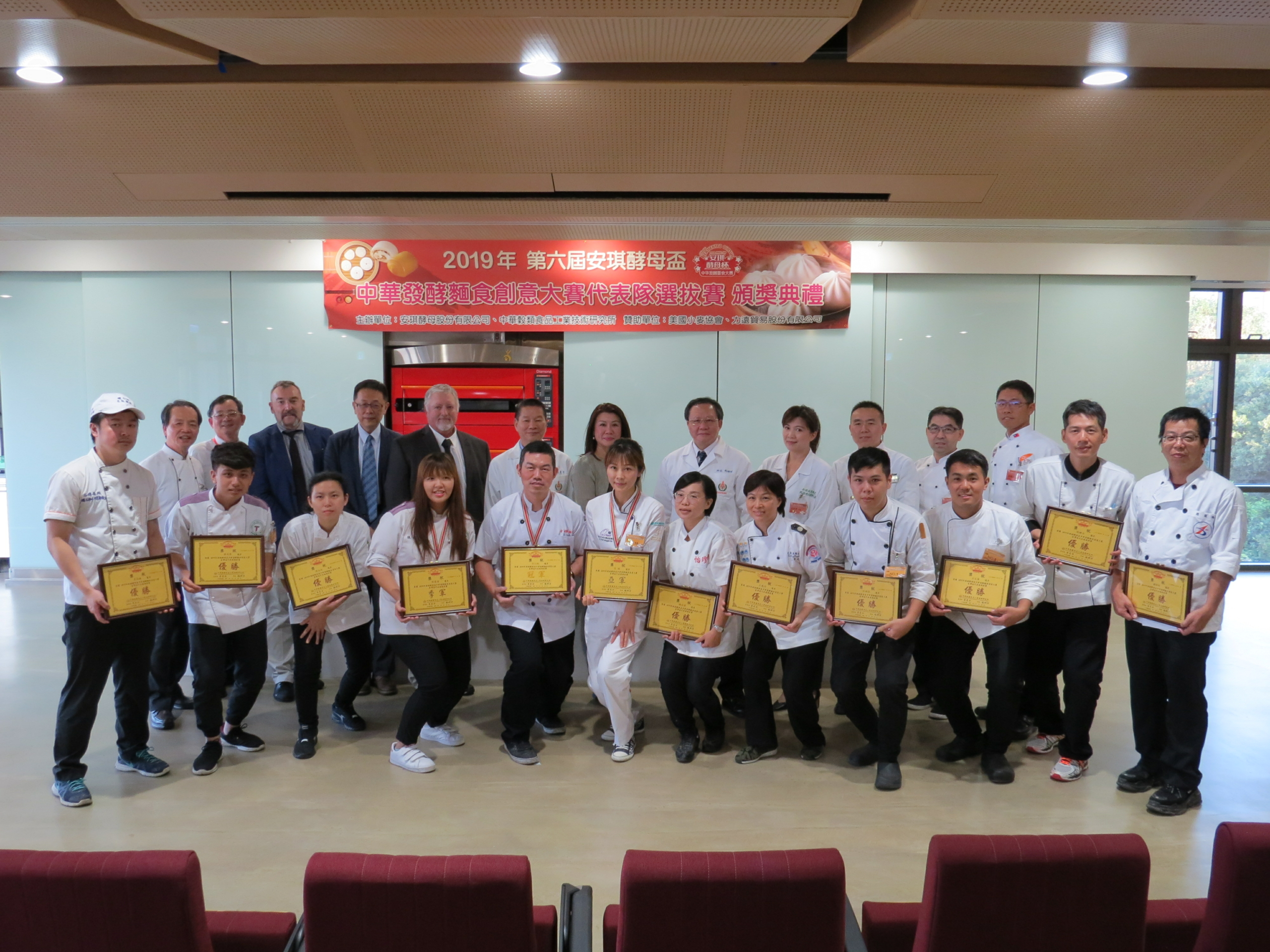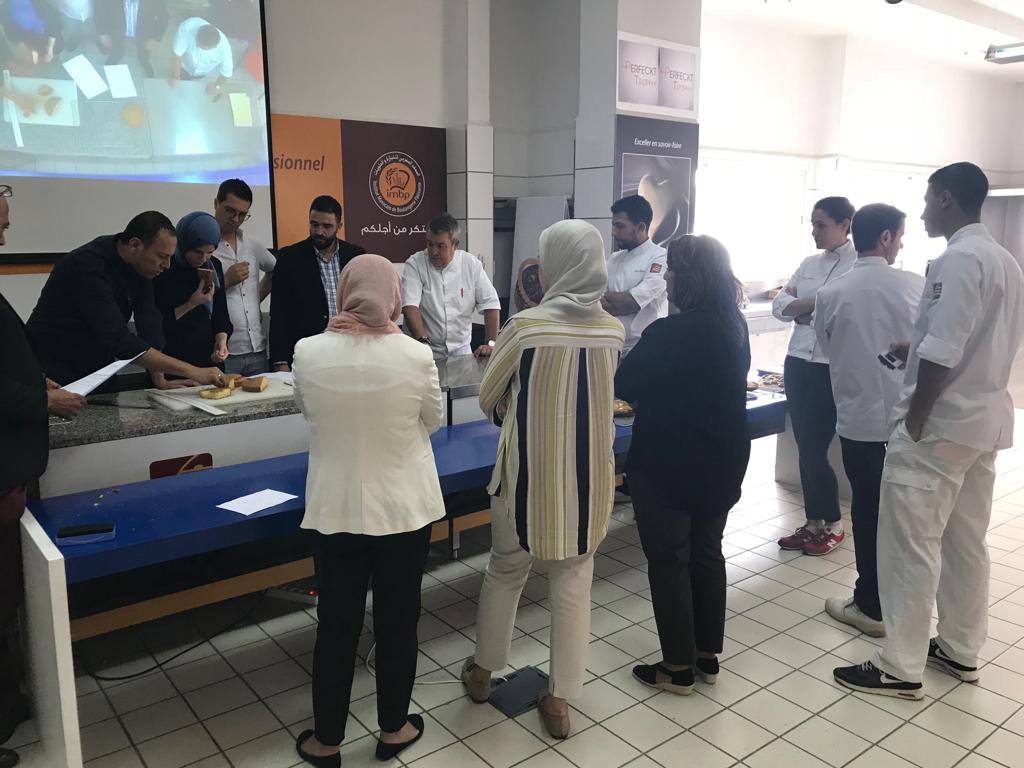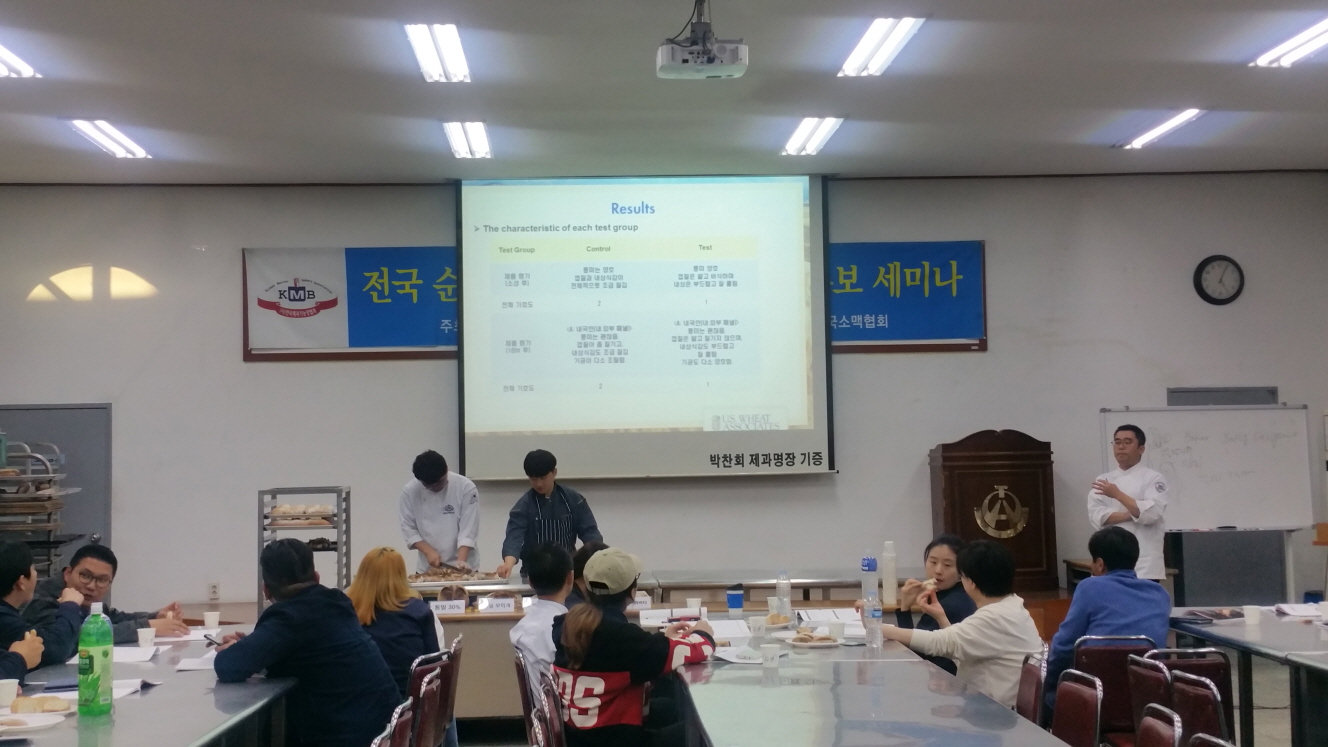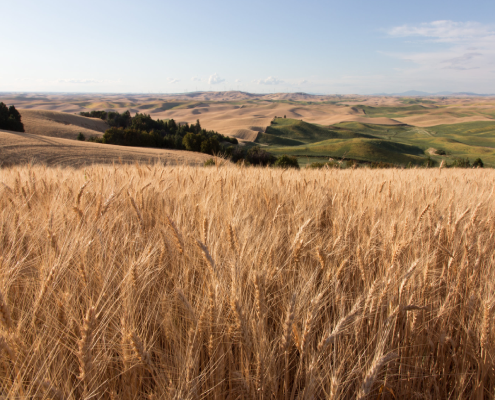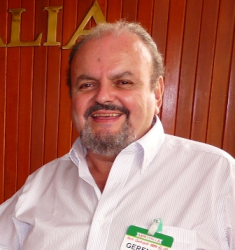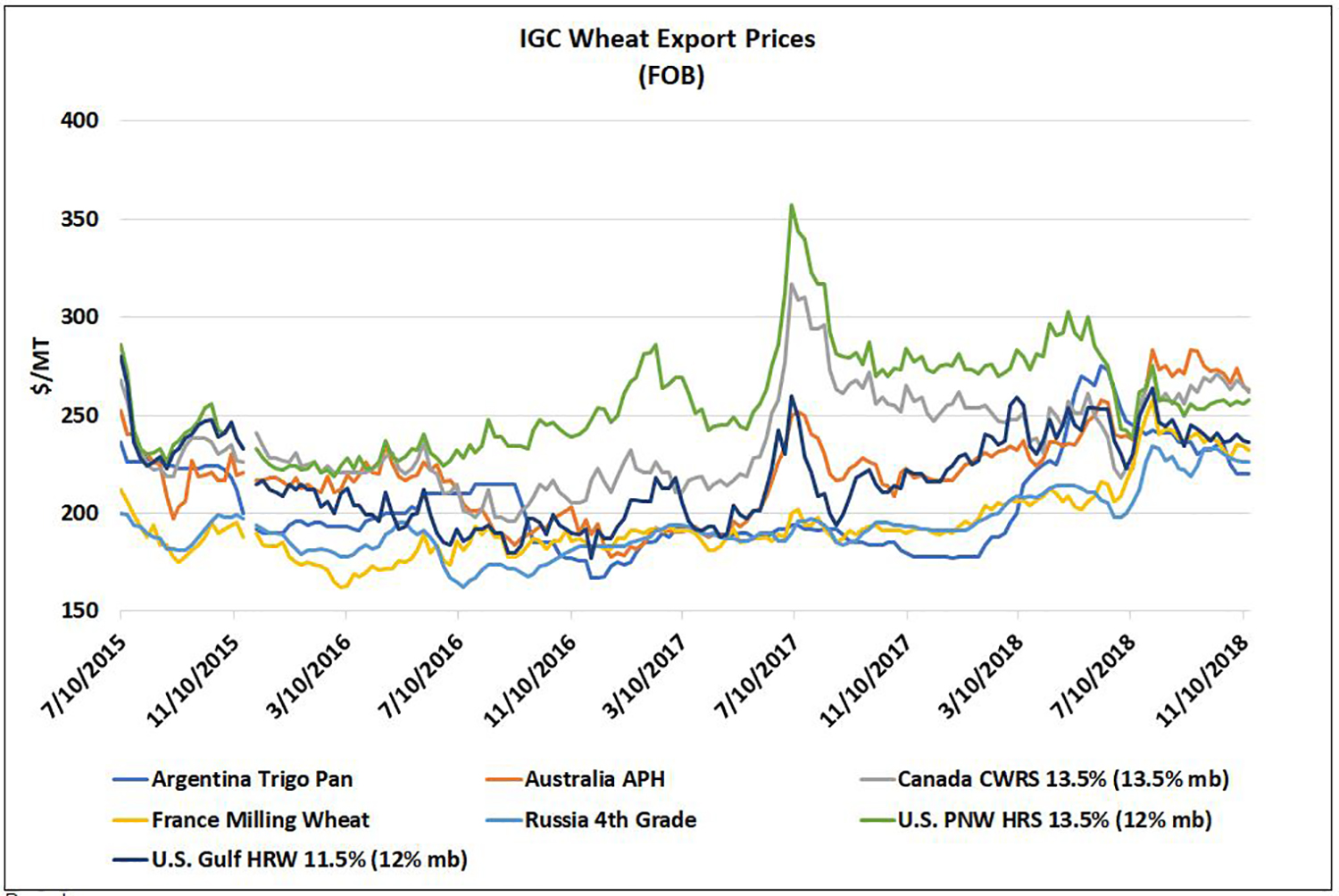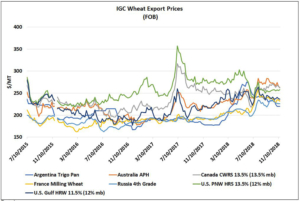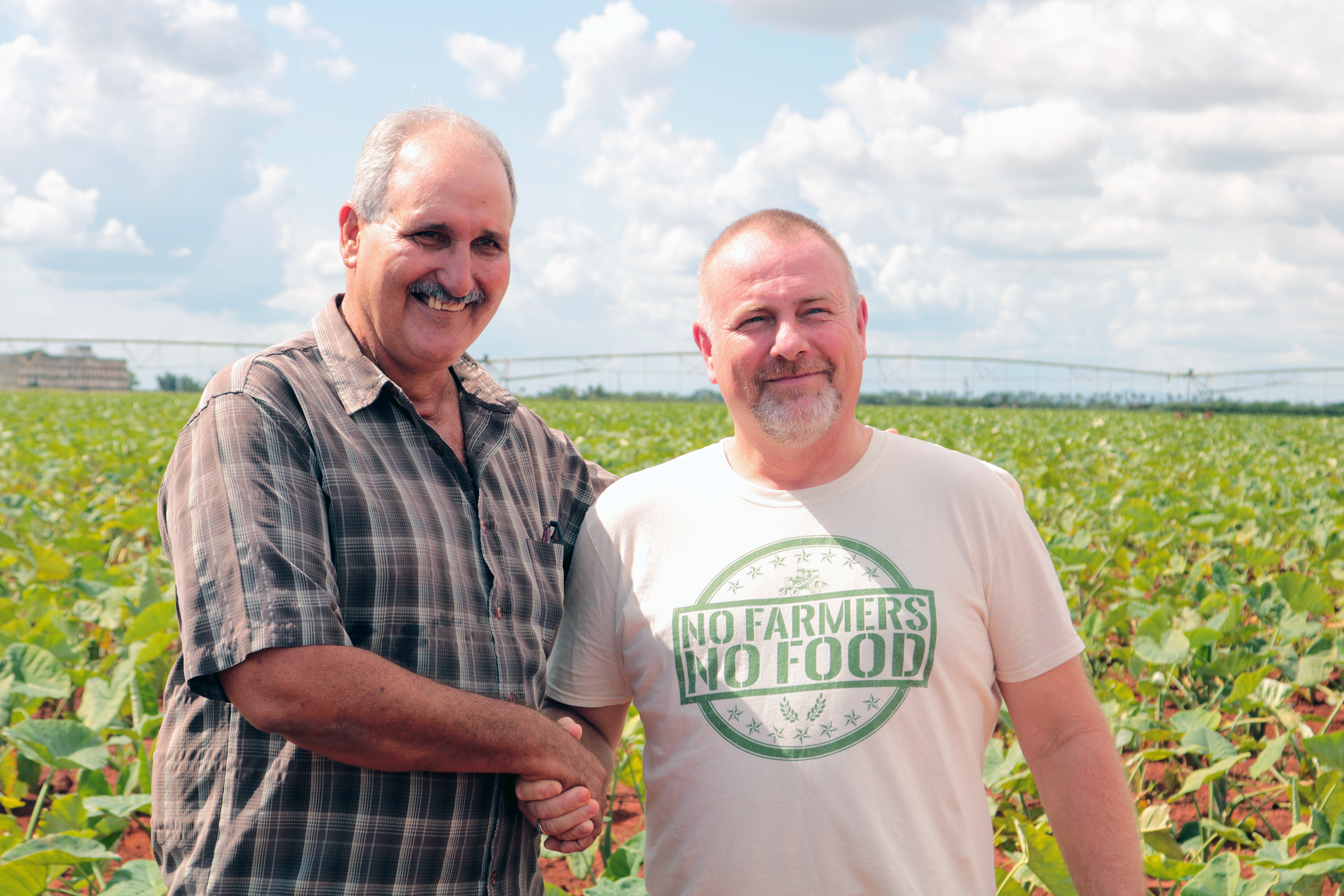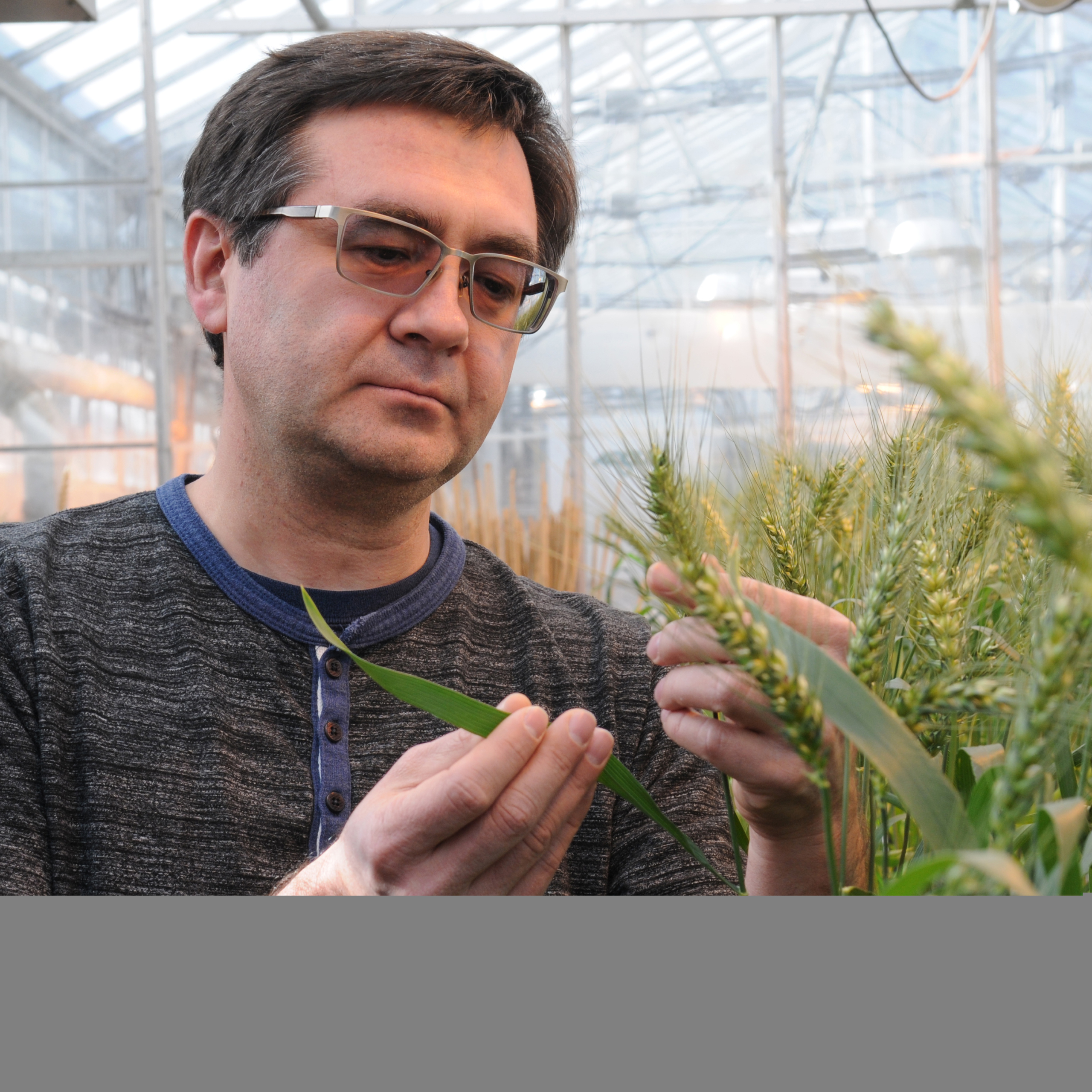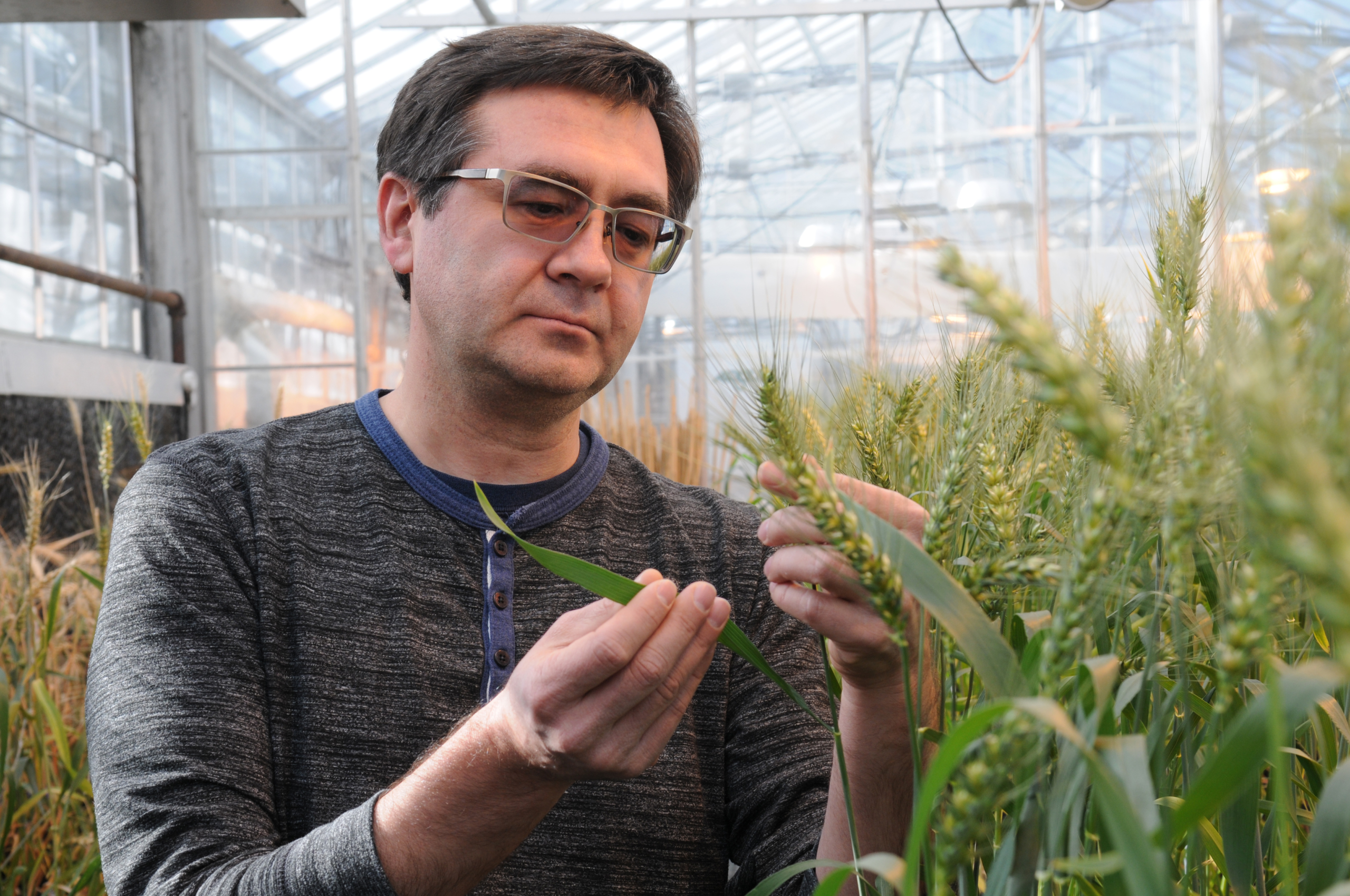Recent news and highlights from around the wheat industry.
Quote of the Week: “After a rocky start, I’m just proud to turn a partisan bill into a bipartisan bill. That’s the way Congress is supposed to work.”
— House Agriculture ranking member Collin Peterson (D-Minn.) following passage of H.R.2, the Agriculture Improvement Act of 2018, also known as the Farm Bill, by a vote of 369 to 47; the legislation now awaits President Trump’s signature. The Farm Bill includes renewed funding for export market development programs.
USDA Announces 2019 Trade Missions. USDA will sponsor trade missions in 2019 to Taiwan, Colombia, Vietnam, Kenya, Mexico, United Kingdom and Canada. “Agricultural trade missions offer phenomenal opportunities for U.S. exporters to explore new markets and forge relationships with potential customers,” said Under Secretary for Trade and Foreign Agricultural Affairs Ted McKinney. Click here to keep up to date on plans for USDA’s 2019 trade missions.
Planted Wheat Acres Down in Kansas. Wheat acres in Kansas will likely be lower than last year, possibly reaching 100-year lows in the state. Record precipitation throughout the state in October and below average temperatures in November helped add needed soil moisture, but also kept farmers out of the fields during fall harvest and wheat drilling time. Click here to read the full story.
Congratulations. We are fortunate to have devoted, loyal colleagues at USW. This month Program Manager and Secretary Ms. Heydy Langbroek, from the USW Rotterdam Office, is celebrating 20 years. Thank you, Heydy, for your service to our organization, to U.S. wheat farmers and to our customers around the world.
IGP Milling Courses. The IGP Institute will host an Introduction to Flour Milling course Jan. 14 to 18, 2019. No milling experience or theory is required for this course. For more information, follow this link. To register, click here. In March, the IGP Institute will offer its Buhler-KSU Expert Milling courses in English and Spanish. For more information on the training, follow this link. To register for the English offering, click here. For registration to course Spanish offering, click here.
Thrive Through Change. The Minnesota Department of Agriculture recently sponsored a seminar about how to be resilient in the face of change, featuring Australia’s Denis Hoiberg. Hosted at the Northern Crops Institute in Fargo, N.D., Hoiberg’s presentation is now posted online, compliments of Minnesota Farmers Union.
Wheat Marketing Center Activities. Over the next few months, the Wheat Marketing Center in Portland, Ore., has an active schedule of events including workshops for wheat growers, courses on laminated dough and an end-product collaborative event with USW. For more information, visit WMC’s informative website at https://www.wmcinc.org/.
Subscribe to USW Reports. USW publishes a variety of reports and content that are available to subscribe to, including a bi-weekly newsletter highlighting recent Wheat Letter blog posts, the weekly Price Report and the weekly Harvest Report (available May to October). Subscribe here.
Follow USW Online. Visit our page at https://www.facebook.com/uswheat for the latest updates, photos and discussions of what is going on in the world of wheat. Also, find breaking news on Twitter at www.twitter.com/uswheatassoc and video stories at https://www.youtube.com/uswheatassociates.



